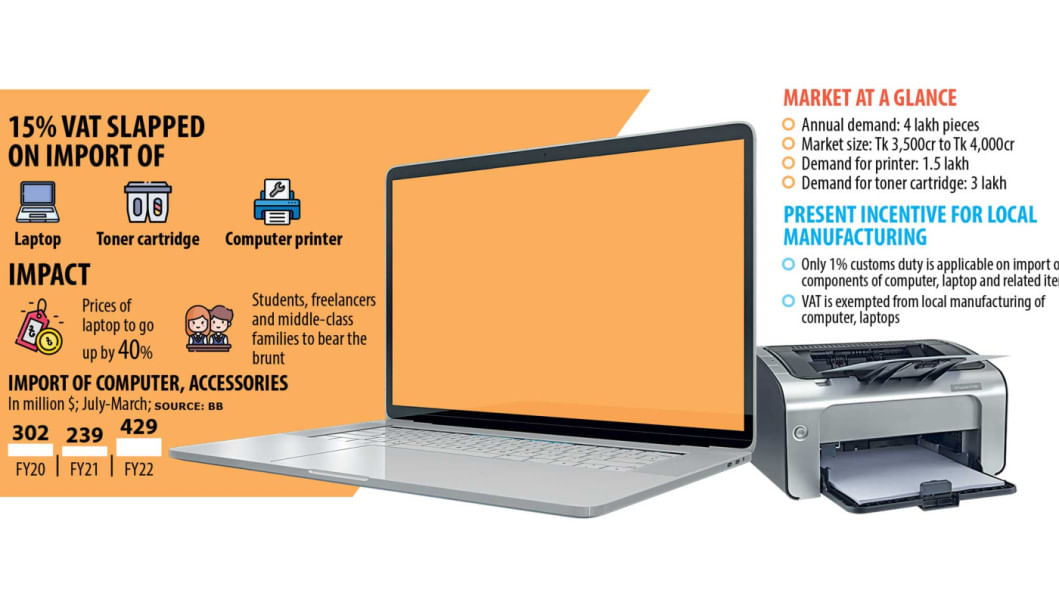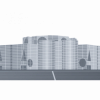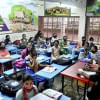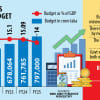Now laptops to be more expensive

Laptop users in Bangladesh are set for a bigger hit as the imposition of a 15 per cent value-added tax at the import stage of the essential digital device would lift the prices further.
Even before the budget for the next fiscal year was unveiled on June 9, laptop prices had gone up by 10 to 15 per cent in Bangladesh owing to rising US dollar costs, unprecedented shipping charges and supply chain disruptions in the global microchip market.
But owing to the new VAT measure, which took effect on the day the budget was placed in parliament, the prices of laptops will increase by as much as 50 per cent, industry people said.
This will hit consumers belonging to the middle class, students and the freelancing community, who have already been hit hard by runaway inflation, which has been rising since October due to escalated global commodity prices.
The budgetary move has frustrated many like Robiul Islam, who was planning to buy a laptop before Eid-ul-Azha.
"I have abandoned my plan as the price of the laptop model I had wanted to buy has already risen by a few thousand takas," said the private sector employee.
For example, the price of HP 15s, one of the best-selling laptops in Bangladesh, was Tk 48,500 in early May. It rose to Tk 52,500 in early June, even before the budget proposal was unveiled, due to the depreciation of the local currency against the US dollar.
"We welcome any government move that encourages domestic production. But a 15 per cent VAT on laptops will hurt consumers directly as local production meets only 5 per cent of the demand," said Subrata Sarkar, president of the Bangladesh Computer Samity.
Unlike mobile phones, laptop manufacturing is complex and it is dominated by five to six companies globally.
"It's very difficult to establish a laptop manufacturing unit that will have a good value addition from the technology aspect," Sarkar said.
In most cases, only external components are assembled in Bangladesh. Besides, there is also no printer manufacturing company in the country.
In this context, imposing additional taxes on the imports to inspire local production would actually put more pressure on consumers than helping domestic manufacturing, said Sarkar.
"The move directly contradicts the government ambition of Smart Bangladesh."
Wahid Sharif, president of the Bangladesh Association of Call Center and Outsourcing, said the new VAT on laptops and printer imports will also affect the business process outsourcing sector.
"It will increase the cost of doing business. Many organisations will not want to be involved in outsourcing work. Besides, it will be difficult for freelancers to buy laptops. The VAT must be withdrawn."
According to industry people, the sale of laptops in Bangladesh is expected to reach 450,000 units by 2022. HP, Asus, Dell, Lenovo and Acer are the top-selling brands.
Local manufacturers, however, have been enjoying the opportunity to import raw materials for computer accessories by paying only 1 per cent import duty since 2017. A similar rate is applicable to the purchase of the raw materials for the production of printers, tonners, notebooks, tabs and notebooks.
The new VAT at the import stage and the concessional facility to bring in raw materials will benefit Walton, the lone manufacturer having a 30 per cent value-addition capacity, and a handful of assemblers.
Contacted, Liakat Ali, deputy managing director of Walton Digi-tech Industry, said anybody can qualify for the benefit if they have the facilities aimed at boosting local manufacturing.
"Once we were importers of laptops. Now we manufacture them. We are now manufacturing motherboards in the country as well."
The local tech giant has manufactured about 50,000 laptops this year so far. Half of them has been purchased by the government and the rest by consumers, according to Ali.
The imposition of the VAT on printer imports came two months after Walton launched two new models of the device with wireless facilities in early April.
The annual demand for printers is around 150,000 units.
"The impact of the VAT will be overwhelming since the middle-class and the lower-middle class are the top consumers of the products," said AKM Fahim Mashroor, chief executive officer of Bdjobs.com and AjkerDeal.
"Businesses will also be hurt."
Ahmed Hasan, managing director of Ryans IT Limited, one of the top retailers of personal computers and laptops in the country, said if the VAT is not withdrawn, the consumers will have to bear additional prices once the new consignment of imported laptops reaches Bangladesh.
The settlement of letters of credit for computers and accessories surged 79 per cent year-on-year to $429 million in the first nine months of the current financial year, Bangladesh Bank data showed.
At an event in Dhaka recently, Debapriya Bhattacharya, a distinguished fellow of the Centre for Policy Dialogue, asked what benefit the government is providing to the youth and the middle-class to compensate for the loss stemming from the imposition of the VAT on laptops and smartphones.
The prices of selected products are likely to increase due to the tax imposition that would adversely affect the middle-class consumers, he added.

 For all latest news, follow The Daily Star's Google News channel.
For all latest news, follow The Daily Star's Google News channel. 








Comments